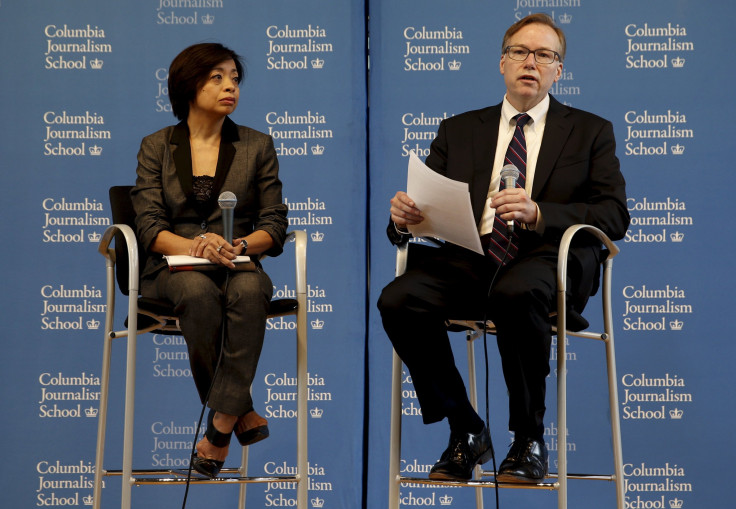UVa Rolling Stone Lawsuit: Jackie Was A 'Serial Liar', Lawyers In Defamation Suit Say

Documents in a defamation suit filed by a dean at the University of Virginia against Rolling Stone magazine for an article the school said falsely portrayed a story of gang rape, claim the main character, Jackie, was "a serial liar who invented" the events, the Washington Post reported Friday. The filings, which requested a series of communications between Jackie and others, alleged there was "no factual basis whatsoever" to conclude Jackie was even a victim of sexual assault.
University of Virginia Dean Nicole Eramo filed the lawsuit in May, claiming the Rolling Stone article, which was retracted and found to have serious flaws in an examination by Columbia University's Graduate School of Journalism, turned her into the "chief villain." She is seeking more $7.5 million in damages, arguing the article hurt her reputation and credibility in a way that was "not the result of an innocent mistake."
The original article, a 9,000-word piece titled "A Rape on Campus," was published in November 2014 and opened with the gory details of a gang rape of Jackie, by seven men while two watched, at the Phi Kappa Psi fraternity house in September 2012. The Washington Post subsequently found and wrote about inconsistencies in the story. In March 2015, the Charlottesville, Virginia, police department concluded there was “no substantive basis to support the account alleged in the Rolling Stone article.” In April 2015, in a review of the piece, Columbia University's journalism school called it "a story of journalistic failure that was avoidable."
In the documents, Eramo's lawyers suggested no evidence of sexual assault existed. “The story was a lie when she first told it in 2012, and it was no more true when Rolling Stone recklessly published the tale in 2014,” they wrote, adding no evidence would lead to the conclusion Jackie was "even an 'alleged' victim of sexual assault, let alone an actual victim."
The lawyers also requested communications between Rolling Stone and Jackie, along with those between Jackie and university staff. Lawyers for Jackie have contended that under protections for sexual assault victims, she should not have to share those documents.
At least two other defamation lawsuits have been filed against Rolling Stone since the article's publication.
© Copyright IBTimes 2025. All rights reserved.






















